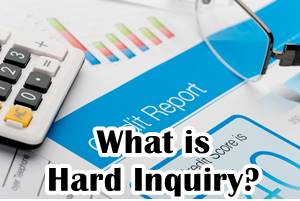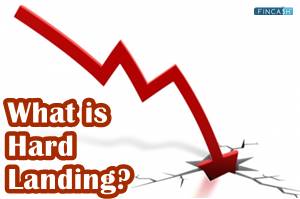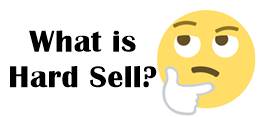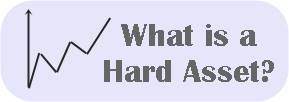Hard Skills
What are Hard Skills?
Employees need to obtain hard skills to be able to boost their productivity and execute their regular work with efficiency. It is important to note that hard skills alone cannot help grow a company. Employees need to have a perfect combination of soft skills and hard skills to be able to draw the attention of the customers.
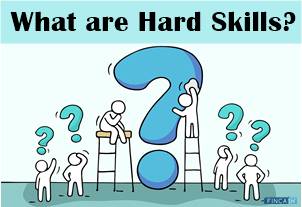
Let’s learn more about Hard skills definition.
Overview of the Hard Skills
The term “Hard Skills” is commonly used to refer to the financing and Accounting knowledge. Hard skills also refer to the expertise and knowledge in a complex subject. The best examples are being able to speak a non-native language fluently, achieving proficiency in carpentry, gaining expertise in CAD software and PhotoShop. Any skill that is acquired by learning and practice can be called as hard skills.
Most employers and companies need employees that have hard skills or proficiency in a complex task. That’s the reason why employees acquire hard skills and improve their resume. These hard skills can be mentioned in the resume, CV, and your job application letter. However, this needs to be backed up with the proof of qualification or experience in a particular field. For example, the person who has learned a second language needs to show their certification that proves their expertise in their language. They could also attach the proof of achievements.
Talk to our investment specialist
Soft Skills Vs Hard Skills
Soft skills are as important in businesses as hard skills. The former refers to the behavior and personality of a person. Soft skills include your personality, communication skills, the way you interact with people, and attitude. As easy as it might sound, soft skills are not easy to teach. Hard skills, on the other hand, can be learned with regular practice and training.
It is your soft skills that define your personality. How easily you get along with your co-workers, how you talk to your customers, and how well you listen to others are all soft skills that can’t be taught or practiced. Some people manage to change their attitude and personality. However, learning soft skills is a super complicated task. In business, both soft skills and hard skills are important. Your physical ability and proficiency in a particular subject can help you complete your regular tasks with ease. Likewise, your soft skills determine how you manage time, execute your work in an efficient manner, and coordinate with other employees.
Anyone can learn hard skills given that they are passionate about the subject and they are willing to pursue a career in the specific industry. Soft skills, on the other hand, are extremely hard to be taught. You can’t change your attitude, communication skills, and personality.
Besides that, hard skills are known for their basic rules that are followed in all kinds of companies (regardless of their type and nature). The requirements for soft skills can differ depending on the nature of the company.
All efforts have been made to ensure the information provided here is accurate. However, no guarantees are made regarding correctness of data. Please verify with scheme information document before making any investment.

